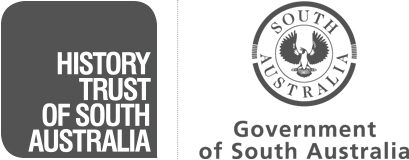Harold Hubert Salisbury (1915–1991), a career policeman and winner of the Queen’s Police medal in 1970, was recruited from Yorkshire to be South Australia’s police commissioner in 1972. In 1978 the ‘Salisbury Affair’ polarised South Australia’s community (roughly along party-political lines) and remains controversial. When Liberal Prime Minister Malcolm Fraser asked for Special Branch help to compile dossiers on anti-uranium protesters, Commissioner Salisbury refused, insisting that he was responsible to the Crown, not to any elected government. The state government also unsuccessfully asked Salisbury for information on seven occasions. An enquiry found that 41,000 Special Branch files on suspected political subversives (including anti-Vietnam War protesters) contained not only extensive, but inaccurate material. The state Labor premier, Don Dunstan, then dismissed Salisbury on the grounds that he had concealed the extent and content of police files from the government. More than 10,000 people met in Victoria Square to protest against this action. The Salisbury case is widely considered to have contributed to Dunstan’s resignation in 1979, and the Labor government’s electoral defeat that same year. After Dunstan’s death, former governor Mark Oliphant announced on ABC television (8 October 1999) that Dunstan’s ‘terribly wrong and foolish’ action had ‘disgusted’ him. While some held Salisbury to have been the victim of an abuse of political power, a royal commission, chaired by Justice Roma Mitchell, found that Salisbury had deliberately misled the government.
SA History Bank
Links:


Add your comment